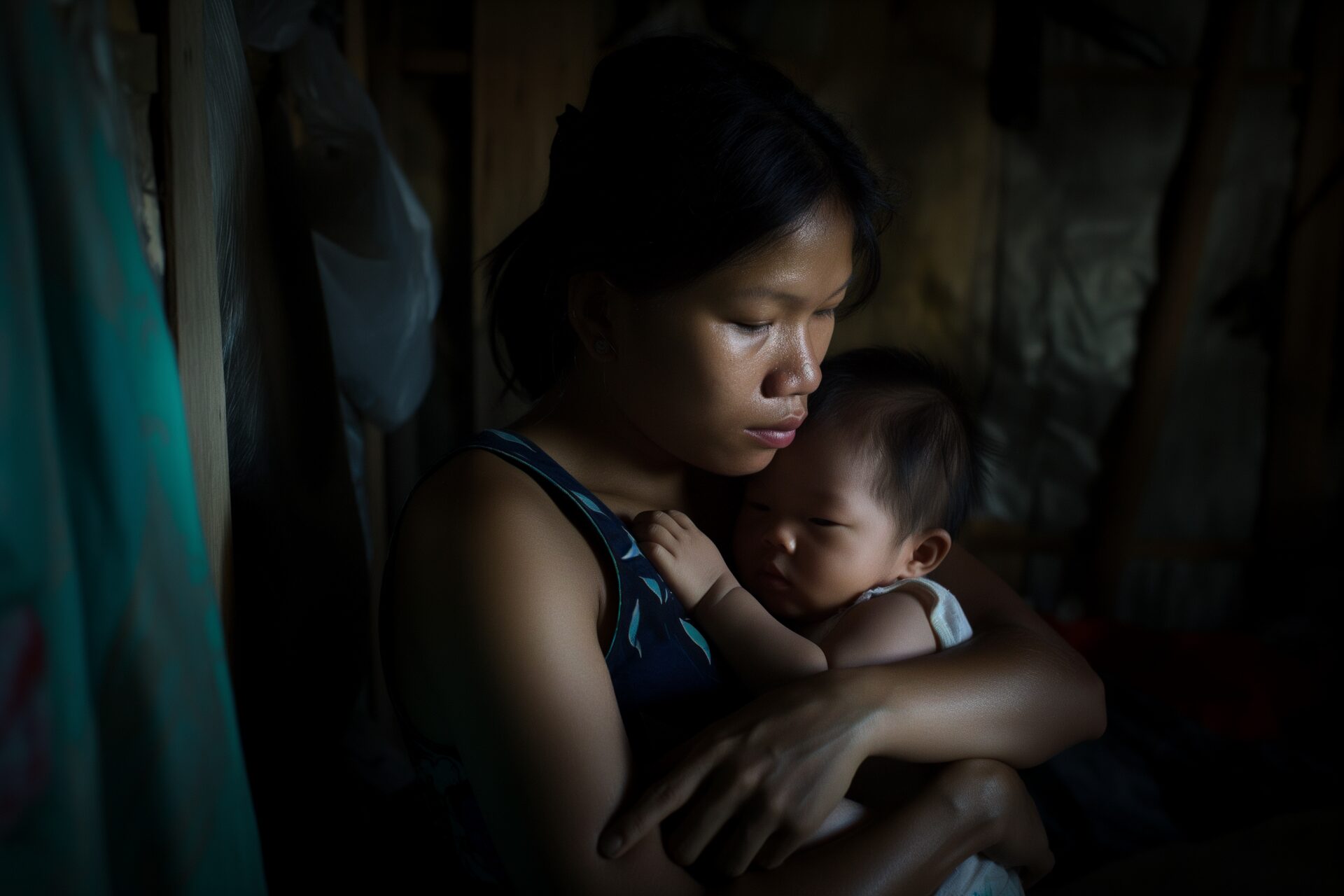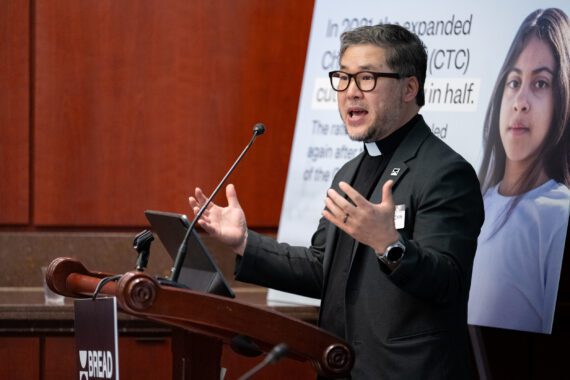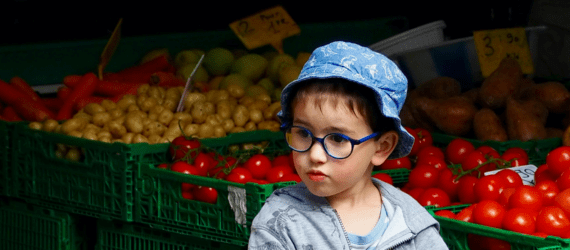By Laura Joseph
Editor’s Note: This is the first in a series of essays based on Laura’s conversations with people who work with communities to help improve nutrition. This essay includes the voices of people in the Philippines and Zambia.
In 2021, Samantha Power, Administrator of the U.S. Agency for International Development, outlined a new vision for global development. She said that USAID was emphasizing “the voices and needs of the most marginalized” and setting a specific goal: within the next decade, half of USAID’s spending would go toward “putting local communities in a lead on projects.” A wise and worthy goal, one that requires the humility of listening and embodies values shared by Bread for the World.
The people closest to a problem are usually best at finding ways to solve it. A Western pediatrician working in the Philippines recounts, “In my early years [there], I needed a way to add a high protein snack each day for our kids under 5. I was obsessed with the idea that peanut butter was the perfect addition. We tried it and the kids just didn’t like it. We asked the moms for high-protein recipes, and they suggested adding small dried salted fish, which is cheap, shelf-stable, and sold everywhere. I really thought they were crazy but I agreed to try. The kids gobbled it up! This was a super cheap way to add both protein and calcium.”
From the same clinic: “During the pandemic, we were sent big boxes of nutrition supplements designed for kids who are acutely malnourished, a situation where kids will typically eat things that aren’t necessarily delicious. Because of the pandemic, the packs were sent to families who didn’t have daily food but were not yet dangerously acutely malnourished.
“On paper, the food packs are a clinician’s dream– perfectly balanced daily nutrients all in one package! Unfortunately, the food just didn’t taste good. Some local moms helped us create recipes starting with the packs that maintained all the nutrients but tasted good. Following the lead of these moms probably saved a lot of kids from malnutrition and subsequent illness, [just] from a few small tweaks.”
Jeri Gunderson, founder of Shiphrah Birthing Home in the outskirts of Manila, works to promote prenatal nutrition and breastfeeding. She learned that some local traditions advised pregnant women to eat very little in their third trimester so that their babies would not be too big and make childbirth harder. Her advice to the contrary had little effect since she was a tall Westerner! Breastfeeding had its own set of local beliefs, with many women doubting that breast milk alone was sufficient for babies. Persuading mothers to consider new ideas would require involving the entire community around each mom.
“Our midwives were themselves breastfeeding Filipino mothers,” Gunderson said, “so they shared with the women. When we teach breastfeeding, we have time at the tables where moms share with one another. Women teaching women. It’s great. We learned that simple, regular friendship support for pregnant [women] and breastfeeding moms works best. Befriending the whole family is key since breastfeeding is a whole family effort. Filipinos are relationship-driven. Forcing Western medical practices that rely more on the use of drugs or machines than the use of community and human touch has done great damage to maternal health care.”
Partway around the world in Zambia, Pastor Mulenga also spoke of the need to enlist leaders from within the community to bring change. His church started a feeding center for 700 children who lived in nearby underserved communities. Pastor Mulenga’s advice: “To foster nutrition efforts for children and nursing mothers, the first approach should be advocacy through trusted community leaders who have a reputation for providing teaching, training, and awareness to a community. The people who provide this service well in all Zambian and African communities are religious leaders including priests, fathers, pastors, etc.
“Efforts to give aid to communities without effective awareness are resisted by the community. Recently, I witnessed a measles vaccination campaign halted because the community was not well informed, and they repeated myths, such as that the medicine was demonic. If the health personnel had worked with local pastors and made awareness campaigns with local religious leaders, there would have been no resistance.”
Bread supports U.S. programs aimed at reducing hunger, and we pray for wisdom for program managers, that they will be able to listen to local partners and learn from them what will be effective in their communities.
Laura Joseph is a graduate student in Truett Seminary’s Theology, Ecology, and Food Justice program at Baylor University, and was a global nutrition intern at Bread for the World in 2023.



